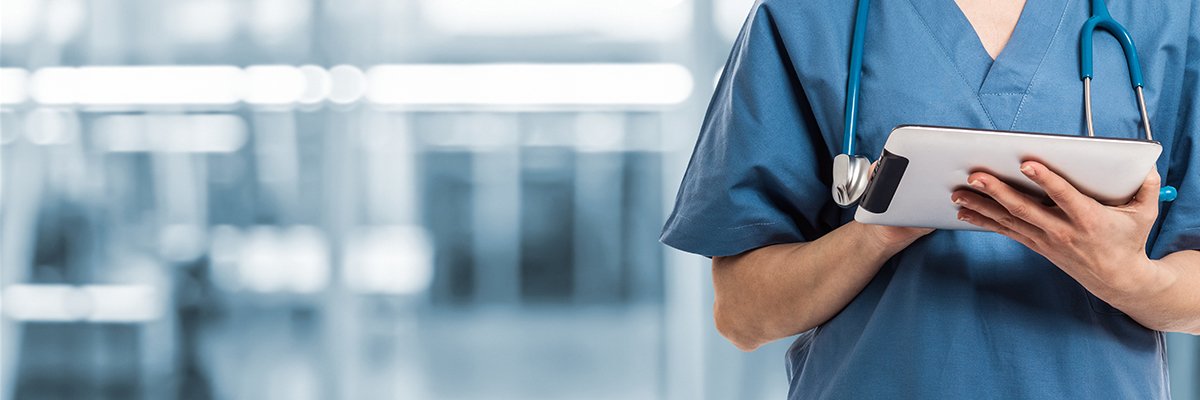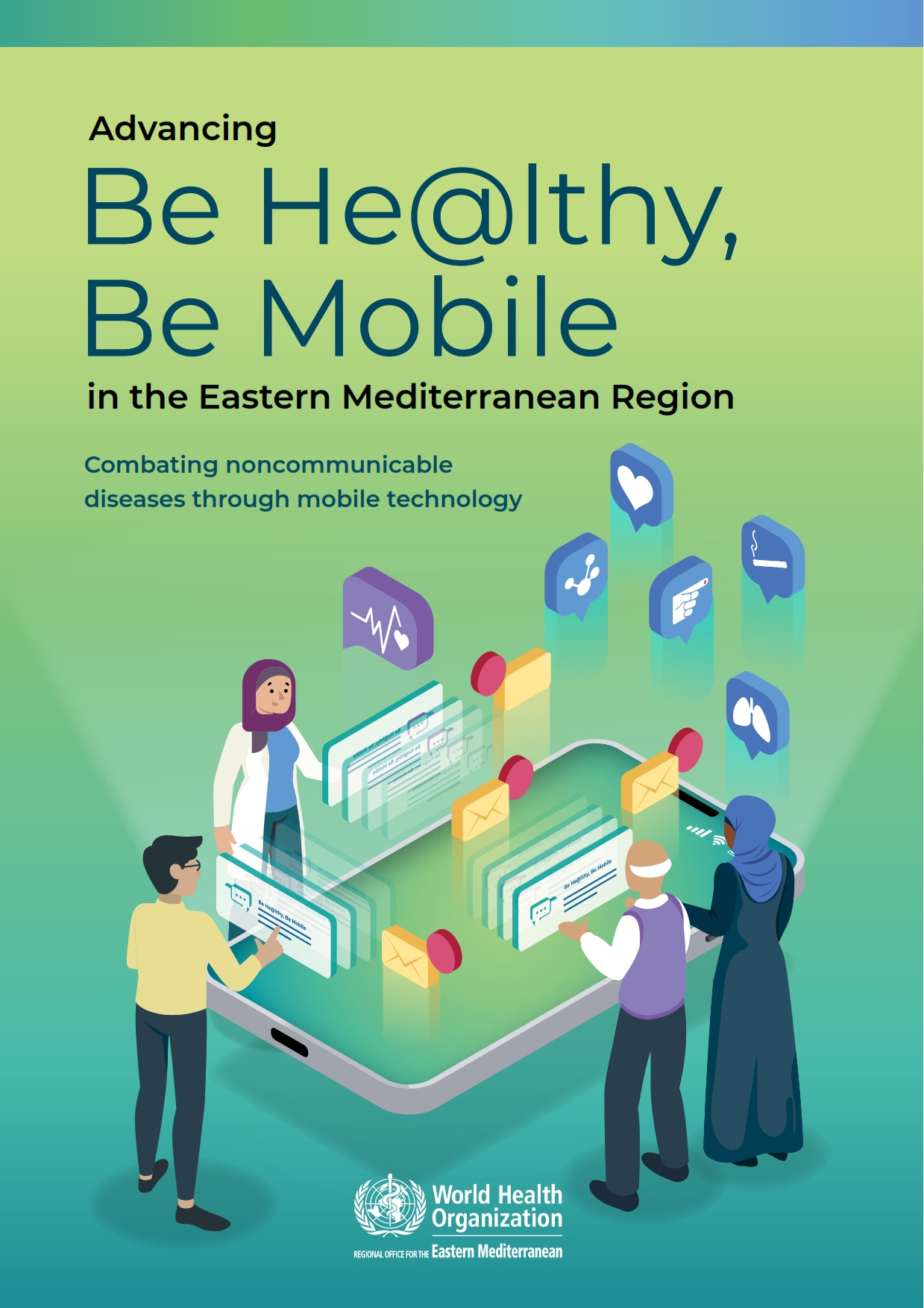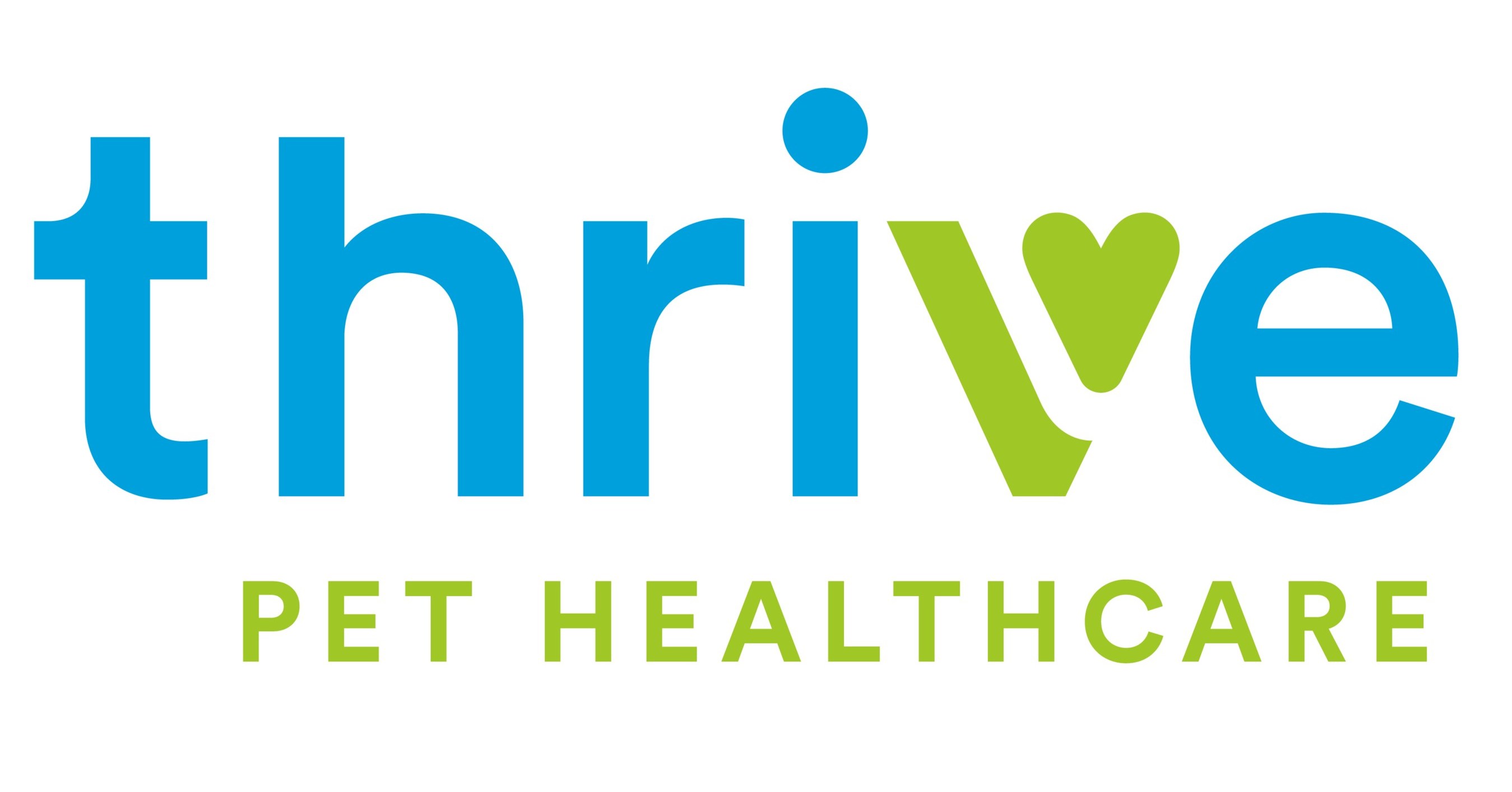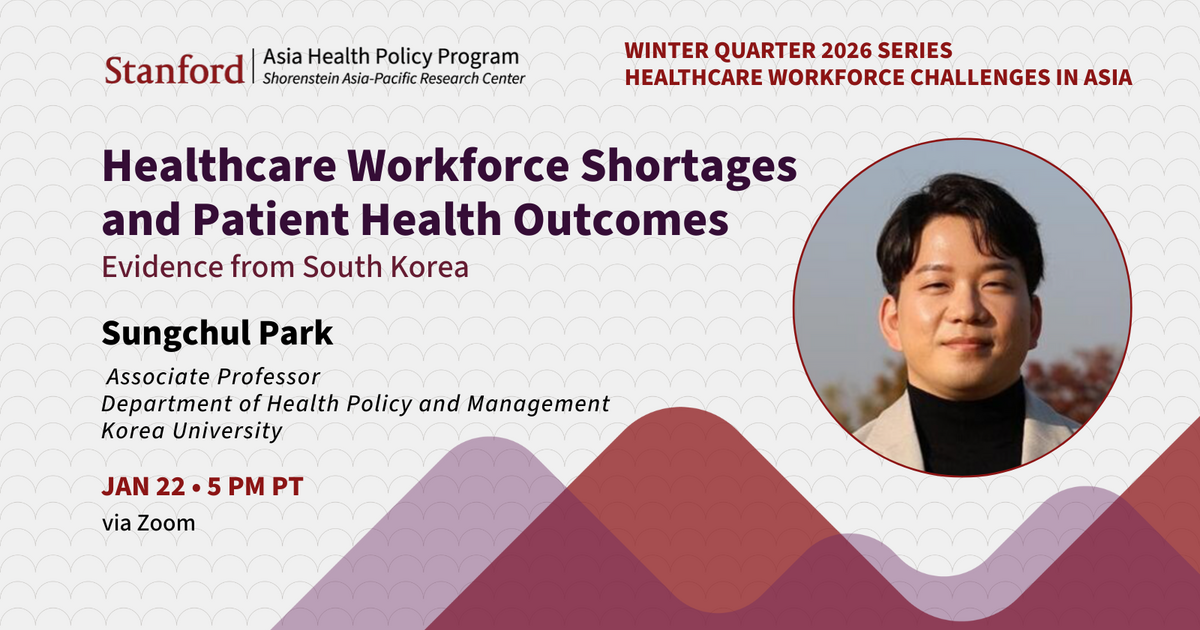UAE improves healthcare through information technology

In February 2023, Emirate Health Services (EHS) in the United Arab Emirates (UAE) launched an innovation strategy for the years 2023 through 2026. It intends to achieve a number of objectives, including enhancing the sustainability of health-related innovations.
The EHS strategy aims to build local skills and boost innovation in companies, adopt pilot projects and build a strong ecosystem of healthcare startups. Some of the areas already targeted include e-visits, electronic medical records/electronic health records (EMR/EHR), telemedicine, chatbot services, predictive analytics and mobile applications.
As is often the case in UAE countries, building local skills and a local ecosystem begins by bringing in established international players. This means the locals learn from the big players, which have developed their skills in larger markets.
To this end, the EHS ran a series of panel discussions at this year’s Arab Health exhibition and congress, concluding with several agreements with local and international players. It announced a bundle of smart health projects, programmes and applications.
In January 2023, EHS launched the Care AI and Digital Twin projects, each of which is a first of its kind in the region. Care AI is a basic system for a smart healthcare facility, supported by artificial intelligence (AI) for self-monitoring, tracking patient behaviour and movement, and using computer vision to assist doctors in diagnosing patients. In addition to automatically updating and analysing patient data, Care AI also uses AI technology to continuously improve care based on information collected about the patient’s condition.
Care AI evaluates and tracks compliance with approved health and safety protocols across EHS’s affiliated facilities, collecting information on how well safety protocols are implemented. Care AI also helps to analyse and evaluate patient condition.
EHS is implementing its Digital Twin project in partnership with Schneider Electric and Microsoft at the Al Qassimi Hospital. The aim of the project is to reduce the carbon footprint of the facilities, cutting energy consumption by up to 30%, while simultaneously reducing breakdowns and maintenance work by up to 20%. Digital twins will be used to monitor and make predictions about carbon emissions and optimise use of renewable energy sources, such as solar power.
The effects of Covid on healthcare systems
EHS had been applying technology to improve healthcare for several years by the time the Covid-19 pandemic hit. Then, during Covid, new applications were developed in reaction to the crisis – and in many cases, those apps are now being used for other purposes.
Mubaraka Ibrahim, acting CIO of EHS, explained some of these technologies during an interview at the World Summit on the Information Society (WSIS) Forum 2022.
According to Ibrahim, EHS deployed an app to provide information about Covid-19 and help patients make appointments and register vaccinations. At the time (June 2022), the app had 1.7 million downloads. It also set up a virtual clinic during the pandemic to allow patients to talk to a doctor from home.
These innovations are still being used now that people can move more freely. The emphasis is now on using the tools to help patients reach medical care providers no matter where they are. “Before, they had to travel to go to the doctor,” said Ibrahim. “Why should we do this now?”
AI and machine learning were introduced in the UAE to make predictions. During the pandemic, EHS used these technologies to make predictions and assess risks associated with Covid. They collected patient data in a database and estimated which patients were most at risk, who was the most likely to be hospitalised, or worse. Not only did these predictions help determine who should be vaccinated, they also helped determine where resources were needed in hospitals.
The growing role of AI and big data analytics
Since the pandemic, AI and big data have been playing an increasingly large role in healthcare in the UAE. In early 2023, Abu Dhabi-based Presight AI signed a memorandum of understanding (MoU) with G42 Healthcare to develop a foundational big data model. The partners will use Presight’s omni-analytics platform and G42 Healthcare’s expertise in the health industry to build solutions for healthcare providers to ease administrative practices, improve data accuracy and reduce manual data entry.
The partners also intend to provide services to individuals at home. Combining data collected from smartwatches, wristbands and advanced omics applications, they hope to improve the early detection of health problems and provide recommendations on diet, sleeping schedules and exercise plans for optimal health.
A key ingredient in both AI and analytics is data – lots of it. The UAE Ministry of Health and Prevention (MoHAP) launched a platform two years ago to make it easier to access medical records. The Riayati platform makes healthcare data more available in the UAE by connecting public and private health facilities. Riayati is expected to improve care coordination and make critically important patient data available for triage and emergency treatment.
Riayati is part of the National Unified Medical Record (NUMR) programme, and over time it will also implement the MoHAP’s “post office” initiative to enable seamless exchange of insurance claims between healthcare facilities and insurance companies. The single patient filing system will be accessible across the UAE.
Riayati is currently being integrated with two other major patient records platforms in the UAE – Malaffi, which is operated by Abu Dhabi Health Data Services (ADHDS), and Nabidh, which is operated by the Dubai Health Authority. ADHDS is owned by G42 Healthcare, which does much more than collect medical records.
G42 Healthcare carries out genetic testing and is developing AI algorithms to improve diagnostics. Medical information on the local population helps diagnose the diseases that affect people in the area.
link

:quality(75)/https://asset.kgnewsroom.com/photo/pre/2026/01/23/63295e03-df22-48ba-9aa5-60a61921ed48_jpg.jpg)





